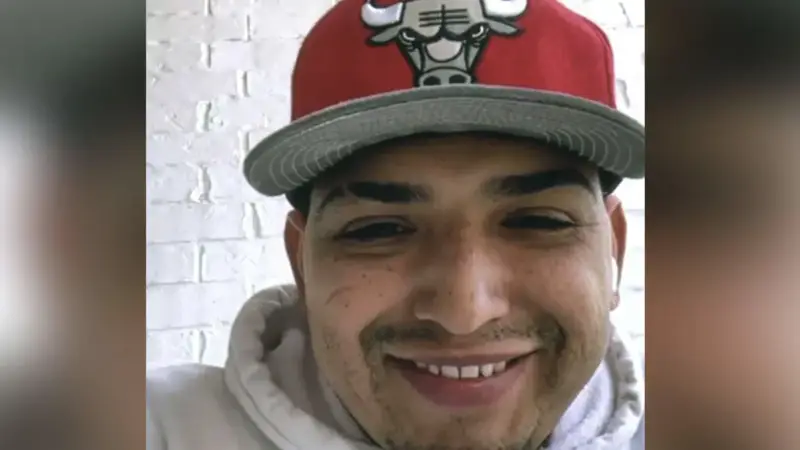
The death of Miguel Ángel García-Hernández is more than a family tragedy — it is an indictment of how vulnerable lives are treated inside America’s immigration system.
García-Hernández, 32 died on September 30 after being removed from life support, six days after a gunman opened fire on detainees at a Dallas Immigration and Customs Enforcement (ICE) facility. He was one of three people struck by bullets that day; the League of United Latin American Citizens (LULAC), which represents his family, confirmed his passing.
For his wife, Stephany Gauffeny, the loss is unbearable. “Miguel was a good man, a loving father, and the provider for our family,” she said in a statement. “We had just bought our first home together, and he worked hard every single day to make sure our children had what they needed.” García-Hernández leaves behind four children, with a fifth on the way.
The cruelest part of this story is the hope that lingered just before his death. In their final phone call on September 23, Gauffeny said her husband was optimistic. “He was feeling happy. He would be coming home.” Instead, he became the second detainee killed in an attack federal officials now describe as a failed attempt to target ICE agents.
The shooter, 29-year-old Joshua Jahn, climbed onto a nearby rooftop and fired at a van carrying detainees through a sally port before turning the gun on himself. ICE insists the attack was not aimed at those in custody, but the outcome speaks louder than intentions: detainees, already in the government’s care, paid the ultimate price.
Here lies the deeper failure. García-Hernández had been in ICE custody over a DUI charge — not a violent crime. He was working to keep his family together and had no reason to fear that his detention would end in death by gunfire. Yet the very agency charged with detaining him safely became the site of a fatal breach.
This is not just about a lone gunman. It is about a system where immigrants in custody — even those held for minor offenses — are placed in situations where their safety is not guaranteed. Every person in government detention is under federal responsibility. That responsibility was not met here.
“His death is a senseless tragedy that has left our family shattered,” Gauffeny said. “I do not know how to explain to our children that their father is gone.”
The children García-Hernández will never see grow up are not just his family’s burden to bear. They are a haunting reminder that immigration policy is not abstract. When human lives are reduced to case numbers, when detention facilities fail to protect the people inside them, the consequences are deadly and irreversible.
If the United States is to live up to its values, it must confront the inhumanity of a system where a man in custody for a DUI ends up dead from a rooftop sniper’s bullet. Families like the García-Hernándezs deserve more than condolences — they deserve accountability.
Source: USA Today News



Add comment
Comments